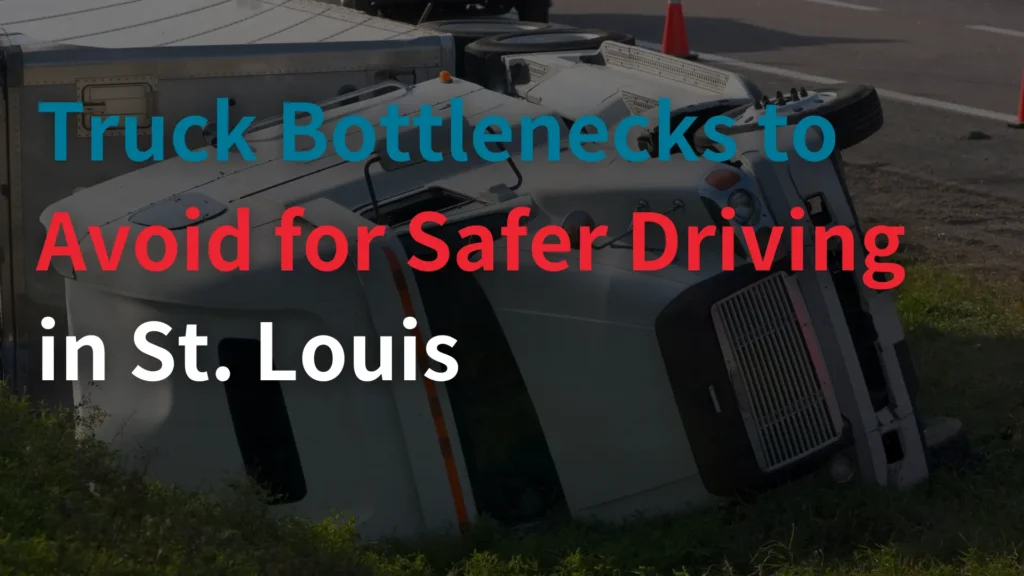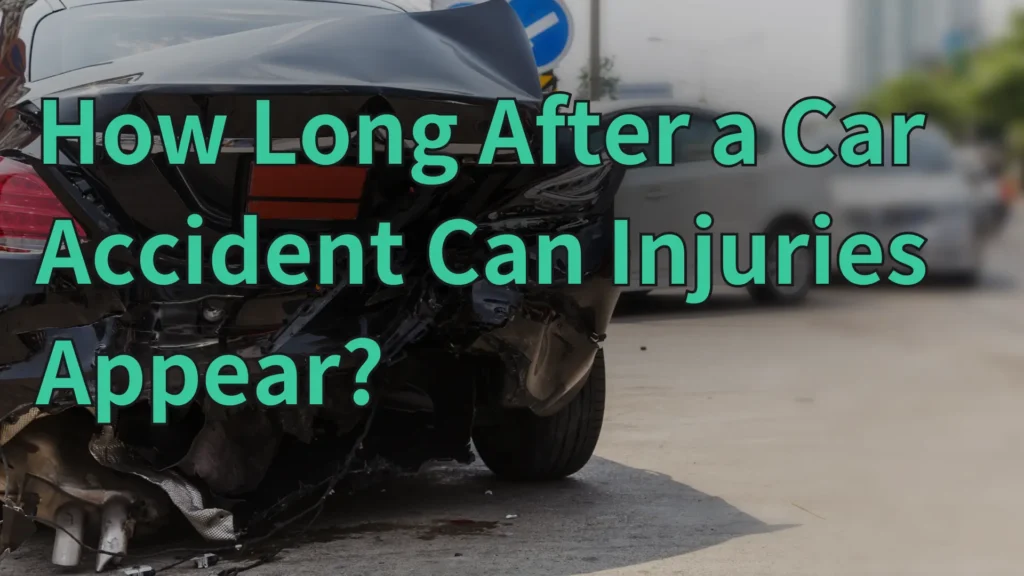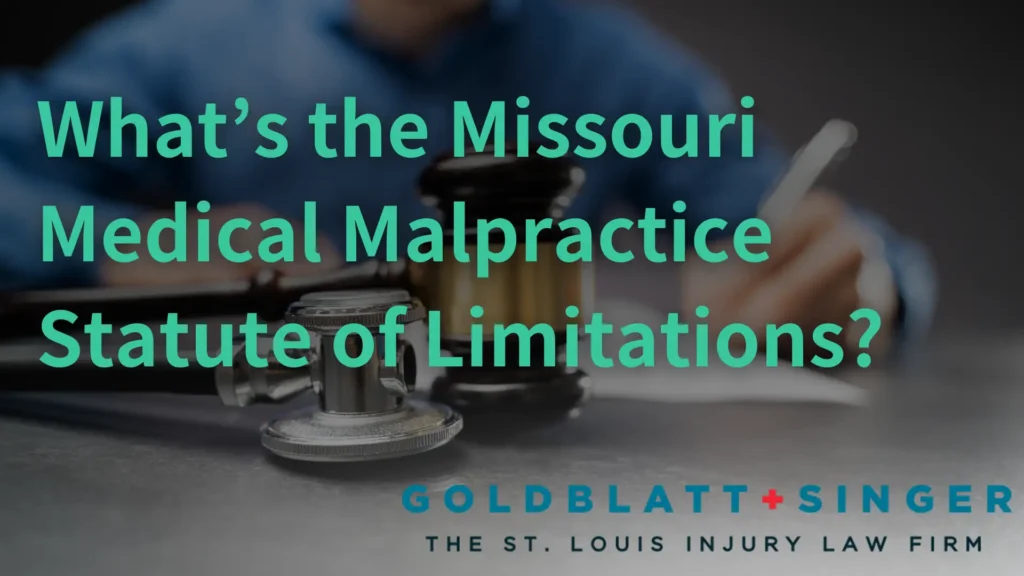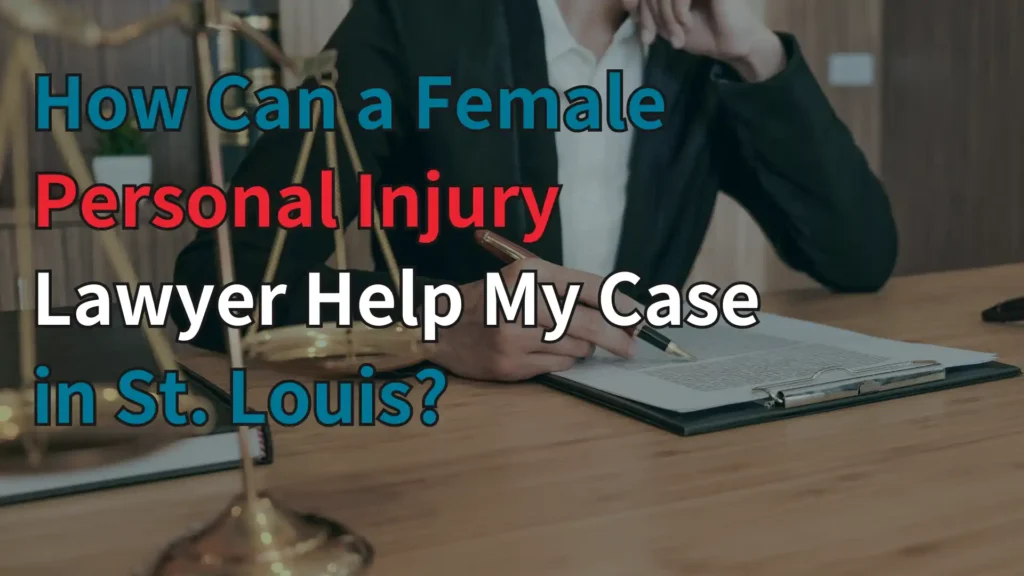
St. Louis drivers have a better road situation than they used to, but the city still ranks among the worst truck bottlenecks in the United States. According to a 2024 traffic report by the American Trucking Research Institute, St. Louis is the 49th-worst truck bottleneck in the country.

Car accidents happen very suddenly, and while some injuries are just as immediately apparent, others may take longer to appear. Unfortunately, when symptoms take time to manifest, it can make diagnosing and treating the underlying injuries more difficult. Additionally, it can complicate the process of securing compensation for your injuries from an at-fault driver.

Accidents involving company vehicles introduce elements into the insurance claims process that can make them more complex than the process for dealing with a crash involving two standard passenger vehicles. These collisions raise potentially difficult questions regarding insurance coverage and liability.

The period following a car accident is often full of stressful situations, and it’s natural to wish everything would resolve itself quickly so you can move forward with your life. One of the most frustrating times to experience delays is during settlement negotiations – you need compensation, and you feel like you have a very strong case, so what’s the hold-up?

When medical professionals in St. Louis, Missouri, deviate from the accepted standard of care and cause harm to patients, the people they injure have the right to pursue justice via a medical malpractice claim. Don’t know what the medical malpractice statute of limitations in Missouri is?

After an injury accident that left you with physical pain, emotional distress, and financial challenges, having strong legal support to help you pursue a claim against the party who hurt you gives you the best possible chance of recovering the funds you need to move forward.